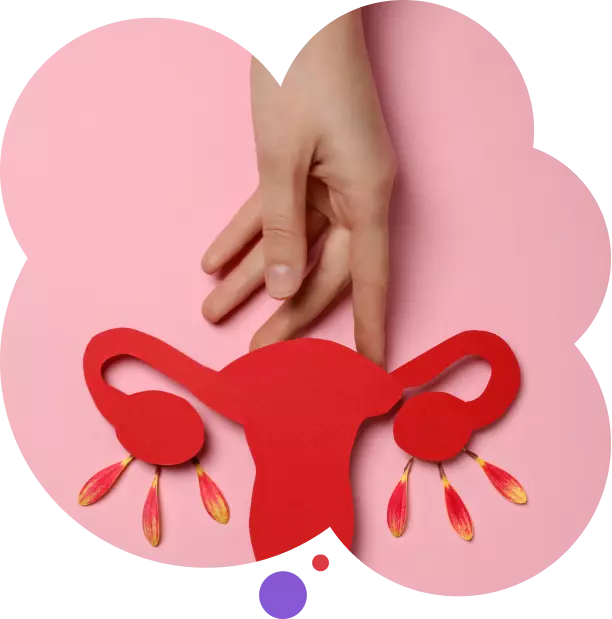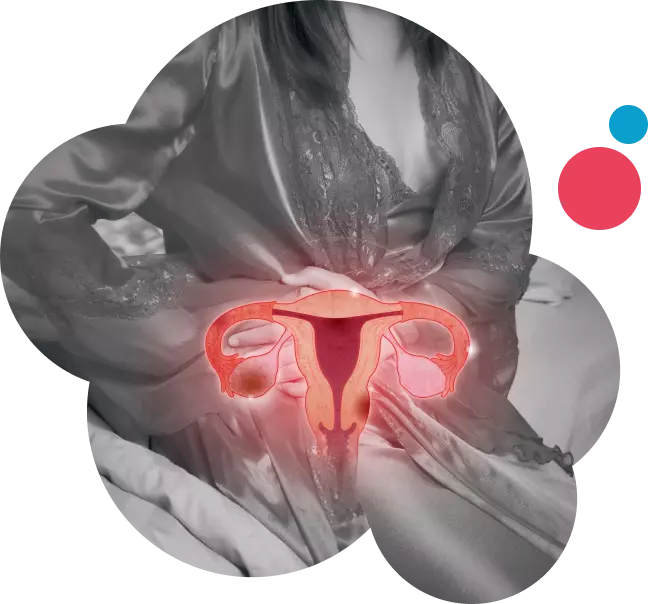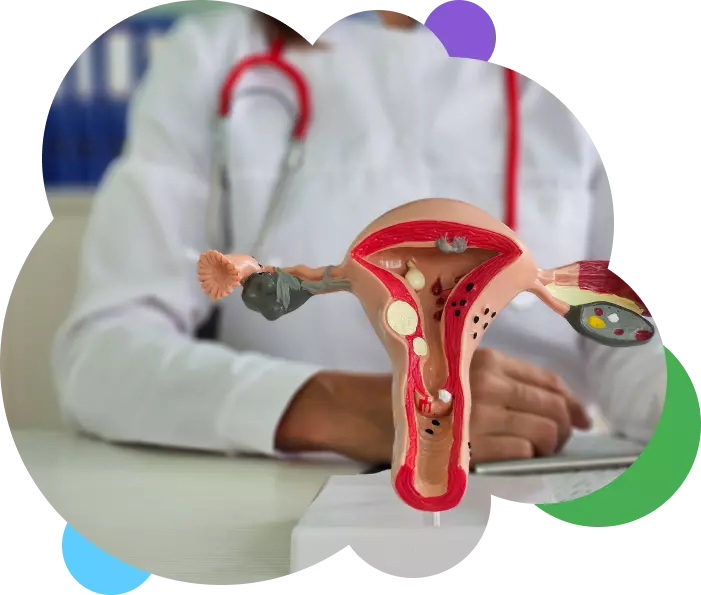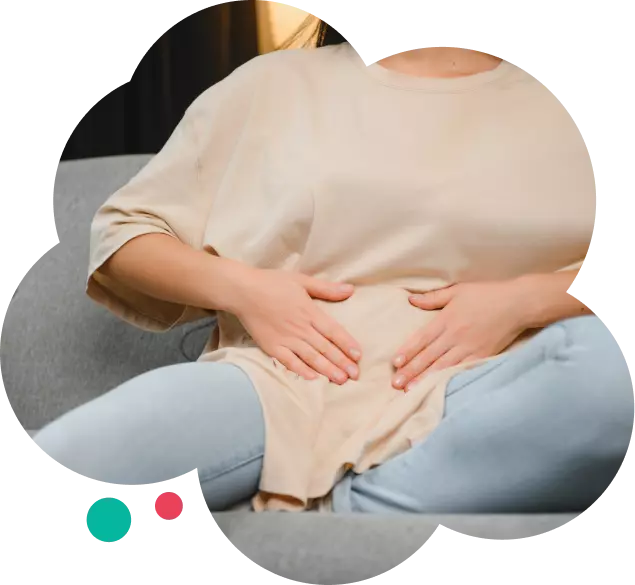
Endometriosis is a condition that impairs fertility and makes birth difficult. We at Feto IVF specialize in using advanced reproductive procedures to figure out and treat endometriosis-related infertility. Our customized treatment provides the highest possibility of obtaining pregnancy.

Endometriosis is a chronic condition in which tissue similar to the lining of the uterus (the endometrium) grows outside the uterus. These growths, often called endometrial implants, can be found on the ovaries, fallopian tubes, the outer surface of the uterus, and other organs within the pelvic area. Unlike normal endometrial tissue that sheds during menstruation, these implants have no way to exit the body, leading to inflammation, pain, and the formation of scar tissue (adhesions).
This condition can cause severe pelvic pain, painful periods, and intercourse discomfort, and it may also be linked to reproductive issues. Understanding endometriosis is essential for finding appropriate therapies and enhancing overall well-being.
Causes of Recurrent Pregnancy Loss There are several potential reasons for RPL, which may include:


Endometriosis can be challenging to diagnose, as symptoms can overlap with other conditions. A combination of methods is used:
Endometriosis and Fertility For women trying to conceive, endometriosis can complicate fertility. The scar tissue and inflammation caused by endometriosis can interfere with ovulation, the movement of eggs through the fallopian tubes, and embryo implantation.
However, many women with endometriosis can still conceive naturally or with the help of fertility treatments.
Endometriosis can severely reduce fertility, but with the correct treatment, pregnancy is still possible. Feto IVF prioritizes early diagnosis and customizes therapies to improve reproductive results including:
Our doctors continuously monitor each patient to ensure that hormonal abnormalities are corrected. We assist women in overcoming the obstacles of endometriosis and realizing their dream to be mothers by providing innovative techniques.


While the specific etiology of endometriosis is unknown, the following lifestyle modifications may help lessen the risk:
Although the specific reason is unknown, genetics, immune system disorders, and hormone abnormalities may all play a role.
There is no cure, although symptoms can be treated with medications, surgery, or fertility therapy.
Endometriosis can induce inflammation and scarring, interfering with egg release, fertilization, and implantation.
Symptoms include pelvic pain, heavy periods, and pain during intercourse or bowel movements, while some women may have no symptoms at all.